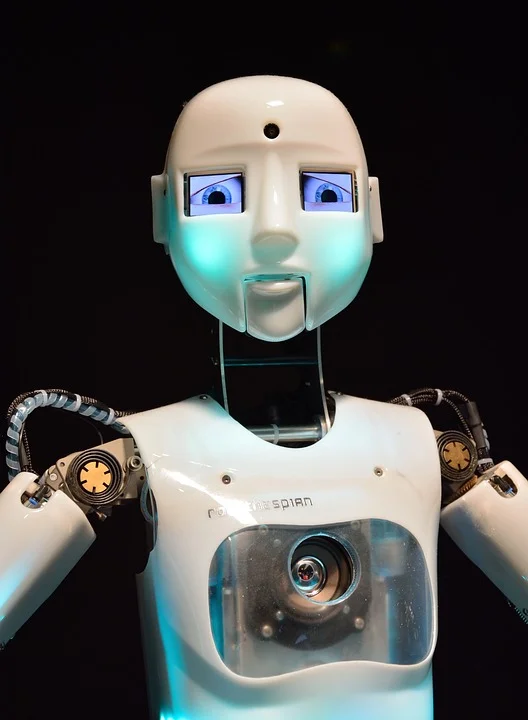Okay, folks, buckle up. I know, I know, the headlines are all doom and gloom about AI taking our jobs, but I'm here to tell you about something genuinely exciting – something that could redefine how we even think about research and development. What if we could teach robots to not just do science, but to invent it?
I stumbled across some research (the details are, admittedly, a bit thin on the ground – more on that in a moment) hinting at a future where AI, robots, and human researchers work hand-in-hand to accelerate scientific discovery. And, frankly, the implications are staggering.
Imagine this: a robotic system, guided by AI, autonomously designing and executing experiments. No more tedious lab work, no more human error. Just pure, unadulterated scientific exploration at a speed we can barely fathom. It's like giving every scientist their own personal army of tireless, brilliant assistants. The possibilities are mind-blowing! When I first envisioned this, I was reminded of the early days of the internet – a wild, untamed frontier brimming with potential, waiting to be explored.
Now, I'll be the first to admit, the specifics of this particular research are shrouded in a bit of mystery. The provided text focuses more on cookie policies and data privacy than, you know, actual science. But that's okay! It gives us room to dream, to speculate. Let's call it "autonomous catalysis research" for now – a field where AI algorithms learn to predict which chemical reactions are most likely to succeed, and then instruct robots to carry out those experiments. More information on this can be found in Autonomous catalysis research with human–AI–robot collaboration.
Think of it like this: instead of painstakingly testing every single possible combination of ingredients and conditions, the AI acts as a super-smart filter, sifting through the infinite possibilities and identifying the most promising candidates. It's like having a GPS for the world of chemical reactions, guiding us straight to the treasure.

What does this mean for us? Well, for starters, it could dramatically accelerate the discovery of new materials, new drugs, and new energy sources. Imagine a world where we can design custom molecules with specific properties, on demand. Imagine curing diseases that are currently untreatable, or developing sustainable energy solutions that are both efficient and affordable. The speed of this is just staggering—it means the gap between today and tomorrow is closing faster than we can even comprehend.
But here's the really exciting part: these AI systems aren't just glorified calculators. They're actually learning and adapting as they go. They're developing their own intuition, their own understanding of the underlying principles of chemistry. They're not just following instructions; they're starting to think for themselves. And that's where things get really interesting.
But with great power comes great responsibility, right? As these AI systems become more autonomous, we need to be very careful about how we design and deploy them. We need to ensure that they're aligned with our values, and that they're used to benefit humanity as a whole. It's a conversation we need to start having now, before it's too late.
I saw someone on Reddit comment the other day, "If AI can automate research, imagine the breakthroughs we'll see in the next decade!" And honestly, that sums up my feelings perfectly. There's a real sense of optimism in the air, a feeling that we're on the cusp of something truly revolutionary.
So, what's the real story? It's not just about robots doing our lab work. It's about creating a new kind of scientific partnership – a collaboration between humans and machines that unlocks our collective potential. It's about accelerating the pace of discovery and solving some of the world's most pressing challenges. It's about building a brighter future, together.